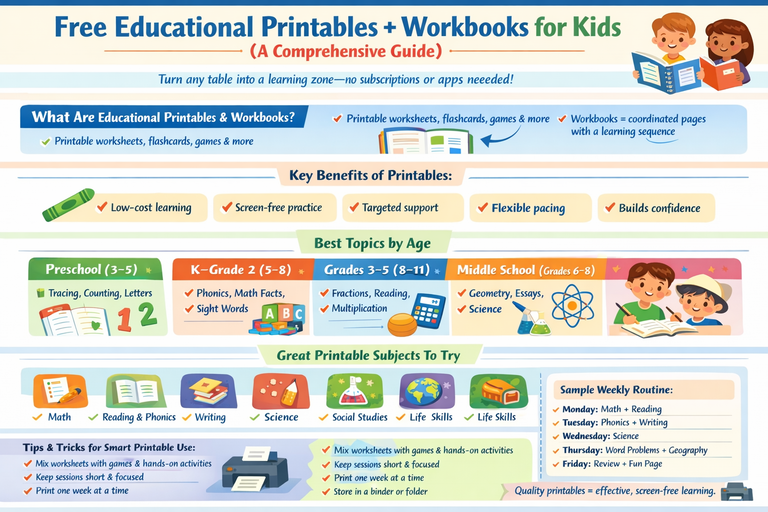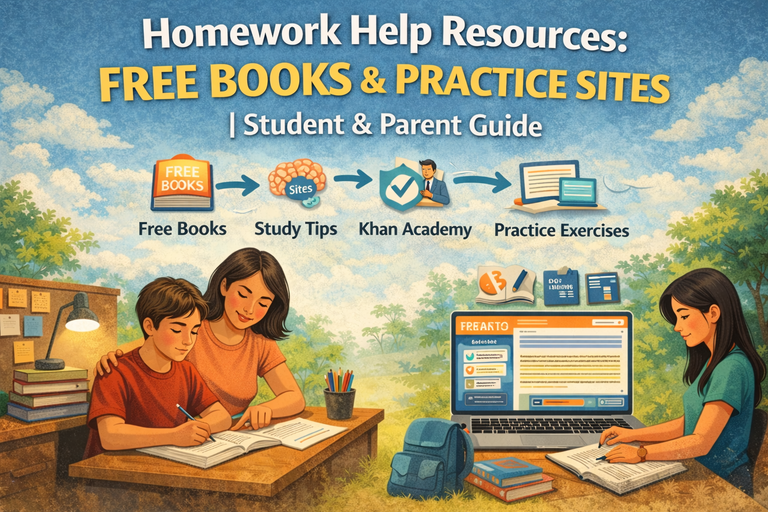The Human-Tech Frontier: Books Exploring Our Relationship with Digital Innovation
The rapid rise of artificial intelligence, digital ecosystems, and interconnected devices has radically reshaped how we live, work, communicate, and even think. At the heart of this transformation is a profound question: What does it mean to be human in a world increasingly defined by technology?
Writers, thinkers, and futurists have been tackling this question for decades—through fiction, non-fiction, and hybrid works that bridge imagination and investigation. This post dives deep into books that explore our evolving relationship with digital innovation, from utopian dreams to dystopian warnings.
Whether you’re a tech-savvy entrepreneur, an author looking for inspiration, or a curious reader trying to make sense of the digital age, these books shed light on the tensions, triumphs, and transformations at the intersection of humanity and technology.
Why the Human-Tech Relationship Matters in Literature
As machines become smarter and more autonomous, the need to examine their impact on identity, emotion, power, and ethics becomes urgent. Literature serves as a unique lens because it doesn’t just explain technology—it interprets it, questioning its effects on human relationships, social systems, and personal agency.
Books about the human-tech frontier often ask:
-
How does digital innovation reshape the human experience?
-
What are we gaining—and losing—as machines become extensions of ourselves?
-
Who controls the technology that increasingly governs our lives?
These stories and studies don’t just document technological change; they challenge us to think critically about our place within it.
Non-Fiction Books That Decode the Digital Age
1. The Age of Surveillance Capitalism by Shoshana Zuboff
Zuboff’s monumental work explores how companies harvest behavioral data to predict—and influence—our actions. The book reveals how surveillance has become a central business model in the tech world.
Why It Matters: It reframes technology as a force of economic and social control, calling into question the ethical underpinnings of our digital lives.
2. Life 3.0: Being Human in the Age of Artificial Intelligence by Max Tegmark
Physicist Max Tegmark takes readers on a tour of a future where machines may rival or surpass human intelligence. He balances optimism and caution as he asks how we can align AI with human values.
Why It Matters: The book provides a deep philosophical and scientific exploration of what lies ahead—and what role humans will play.
3. Tools and Weapons by Brad Smith and Carol Ann Browne
Written by Microsoft’s president, this book offers an insider’s view of how tech companies navigate ethical dilemmas. Topics include cybersecurity, AI regulation, and privacy.
Why It Matters: It illustrates the responsibilities of those building the digital infrastructure of our future.
4. Programmed Inequality by Marie Hicks
Hicks dives into the history of computing in Britain, revealing how gender discrimination pushed women out of the tech world. The book connects the dots between social injustice and technological regression.
Why It Matters: It reminds us that the human-tech frontier has always been shaped by inclusion—and exclusion.
Fiction That Imagines Tomorrow’s Tech Today
1. Neuromancer by William Gibson
The godfather of cyberpunk literature, Gibson imagined a world of hackers, AI, and digital consciousness long before it became reality. Neuromancer shaped how we think about cyberspace and human-machine fusion.
Why It Matters: It offers a noir vision of tech gone rogue—still deeply relevant in today’s data-driven society.
2. Klara and the Sun by Kazuo Ishiguro
This haunting novel follows Klara, an Artificial Friend designed to be a companion to children. Through Klara’s eyes, Ishiguro probes the emotional depth and moral ambiguity of AI.
Why It Matters: It brings tenderness and empathy to a topic usually framed in logic and code.
3. The Circle by Dave Eggers
This satirical thriller centers on a powerful tech company that promises transparency and connectivity—at the cost of surveillance and privacy.
Why It Matters: It explores the seductive nature of tech utopias and the dark side of “progress.”
4. Machines Like Me by Ian McEwan
Set in an alternate 1980s Britain, the novel imagines a world with humanoid robots who challenge the boundaries between real and artificial intelligence, emotion, and morality.
Why It Matters: It raises powerful questions about love, responsibility, and what makes us human.
Themes at the Heart of the Human-Tech Narrative
1. Identity and Authenticity
From social media filters to virtual reality, technology changes how we present ourselves. Books in this genre often explore how digital tools reshape self-image, belonging, and personal truth.
Example: Black Mirror-esque novels like Feed by M.T. Anderson explore teenagers who live with brain implants feeding them endless content. It critiques consumption and conformity.
2. Connection vs. Isolation
While tech claims to connect, it can also isolate. Literature often contrasts glowing screens with emotional emptiness.
Example: In Super Sad True Love Story by Gary Shteyngart, characters struggle to form genuine bonds in a world addicted to data and metrics.
3. Ethics and Power
Who decides how AI behaves? Who profits from our data? Books that explore digital ethics highlight the power imbalance in innovation.
Example: Homo Deus by Yuval Noah Harari looks at how dataism and machine learning may change not just economies, but the essence of belief systems.
4. Resistance and Reclamation
Some books center on people who push back—hackers, rebels, or creators reclaiming technology for good.
Example: Little Brother by Cory Doctorow focuses on teen activists using encryption and surveillance tools to fight a dystopian government.
Why These Books Resonate with Modern Readers
Readers are drawn to human-tech literature because it feels urgently relevant. These books are not distant fantasies—they reflect decisions we’re already making, systems we’re already entangled in.
They help us:
-
Reflect on where technology is taking us
-
Navigate ethical gray zones
-
Inspire innovation with a conscience
-
Foster critical thinking in a world of fast-changing systems
For book publishers and writers, this space represents a rich thematic landscape—blending science, ethics, drama, and imagination.
Opportunities in Publishing Human-Tech Literature
As interest in AI, metaverses, and digital surveillance grows, so does the market for books that explore these issues from a human-centric angle.
1. Cross-Genre Storytelling
-
Mixing sci-fi with memoir, or reportage with fiction, draws in both casual readers and tech-savvy audiences.
2. Diverse Voices
-
Books by women, BIPOC, and LGBTQ+ authors are helping to redefine the tech narrative, offering fresh perspectives often ignored by mainstream tech media.
3. Educational and Corporate Interest
-
These books often find audiences beyond bookstores—corporate leaders, educators, and policy thinkers use them for training, ethics seminars, and innovation workshops.
Looking Ahead: The New Frontier
What’s next for the human-tech story in literature?
-
AI-written books and human-AI collaborations are becoming a literary experiment.
-
Virtual storytelling platforms are emerging, blending narrative with immersive tech.
-
Books about biotech, brain-machine interfaces, and consciousness transfer are moving from sci-fi to speculative realism.
As machines become part of our minds, workplaces, and homes, the need for thoughtful narratives becomes not just literary but essential.
Conclusion: Reading the Future, Writing Ourselves
The human-tech frontier is not just a topic—it’s our shared reality. Books that explore it give us language, imagination, and foresight to understand what’s happening around (and inside) us.
They remind us that technology is not inherently good or evil—it’s a mirror of our intentions, ambitions, and fears. And in that reflection, we find the opportunity to become more conscious creators of our collective future.
So, whether you're an author, publisher, or curious reader, take a moment to explore these powerful narratives. Because the best way to prepare for a world shaped by technology—is to read deeply, think critically, and imagine boldly.






